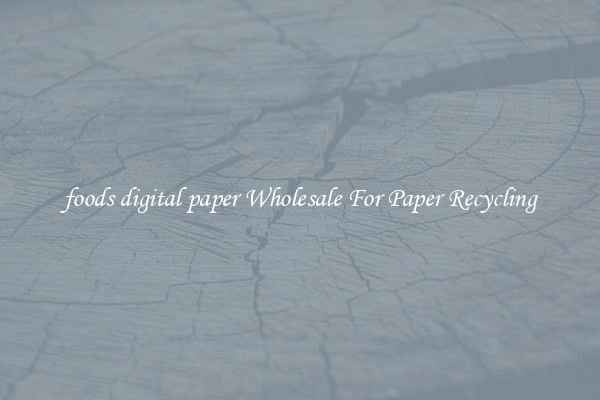carburizing and quenching Wholesale For Scrap Metal Recycling
Carburizing and quenching are two essential processes in the manufacturing industry, particularly for the production of high-quality, durable metal components. These processes are commonly used in the field of metalworking and provide numerous benefits, such as improved hardness and wear resistance. In the wholesale scrap metal recycling sector, carburizing and quenching play a crucial role in transforming scrap metals into valuable materials for reuse.

Carburizing is a heat treatment process that involves infusing carbon into the surface of low-carbon steel components, creating a hardened outer layer. This process increases the surface hardness, wear resistance, and overall strength of the metal, making it suitable for a wide range of applications, including automotive, aerospace, and manufacturing industries. Carburizing is typically carried out at high temperatures, typically between 850 to 950 degrees Celsius, in a carbon-rich atmosphere or by introducing a source of carbon, such as charcoal or gas.
When it comes to scrap metal recycling, carburizing plays a significant role in transforming low-quality metal scrap into high-quality materials. Metal recycling companies collect scrap metal from various sources, including old cars, industrial machinery, and construction materials. These scrap metals undergo a series of processes to remove impurities and increase their value. Carburizing is one such process that helps in enhancing the properties of these materials.
Once the scrap metal is carburized, it is then subjected to quenching. Quenching is the rapid cooling of the metal component after the carburizing process. This sudden cooling helps to lock in the carbon atoms and other elements within the metal's microstructure, resulting in increased hardness and strength. Quenching is typically carried out by immersing the heated metal components into a quenching medium, such as oil, water, or polymer solutions, depending on the type of metal and desired properties.
In the context of wholesale scrap metal recycling, the combination of carburizing and quenching allows for the production of high-quality metal components from scrap materials. These processes help in improving the mechanical properties of the recycled metals, making them more suitable for various industries and applications. The resulting materials can be used for manufacturing automotive parts, construction materials, and other metal-based products.
Furthermore, carburizing and quenching also contribute to sustainable manufacturing practices. By recycling scrap metals, this process reduces the need for virgin materials extraction, saving natural resources and reducing waste. Additionally, the use of carburized and quenched recycled metals can lead to a reduction in energy consumption and greenhouse gas emissions associated with the production of new metals.
In conclusion, carburizing and quenching are essential processes in the wholesale scrap metal recycling industry. These processes enable the transformation of low-quality scrap metals into high-quality materials suitable for various industries. Both carburizing and quenching enhance the mechanical properties of the recycled metals, improving hardness, wear resistance, and overall strength. By incorporating these processes into metal recycling practices, companies can contribute to sustainable manufacturing, reducing the reliance on virgin materials and minimizing environmental impact.

View details

View details

View details

View details








